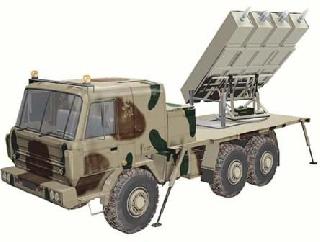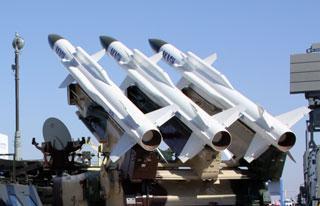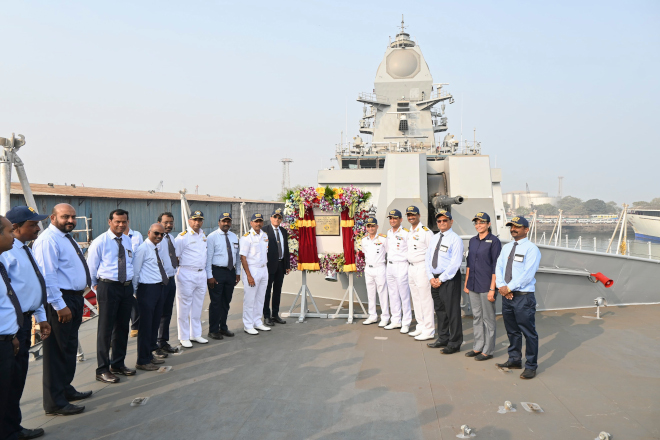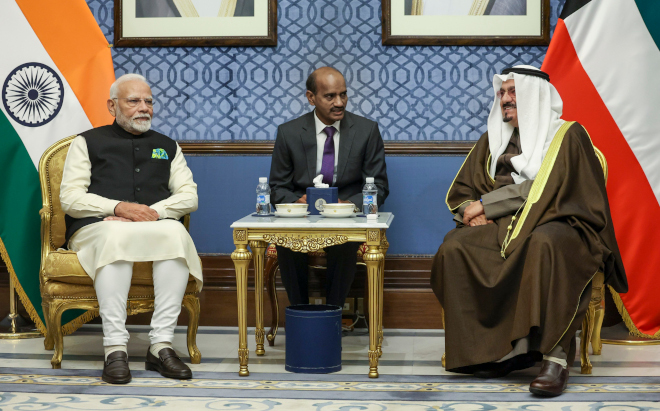
The SPYDER Air Defence System
By Maj. Gen. (Retired) P K Chakravorty, VSM
Introduction
Israel and India were created at approximately the same time and despite different perceptions have all along been reliable partners. The creation of Israel was opposed by Mahatma Gandhi but the erstwhile Jansangh (present Bharatiya Janta Party) recognised as a friend right from its inception. India after gaining independence championed the Non Aligned movement and the main leaders were Gamel Abdel Nasser of Egypt, Tito of erstwhile Yugoslavia and Jawaharlal Nehru of India. To the contrary Israel was firmly wedded to the Western powers and posed a problem for overt relations with India. Militarily Israel always looked at India as a partner against Islamic terrorism and nuclear proliferation. Reports indicate that Israel supplied heavy mortars and ammunition to India through European outlets prior to the liberation of Bangladesh in 1971. Further Israel has been concerned about acquisition of nuclear weapons by Pakistan and would not hesitate to take military action if presented an opportunity. The collapse of the Soviet Union in 1991 saw the end of the Cold War and the beginning of multiple relationships between countries. The Indian economy was opened up and this saw new relationships being developed with countries having High Technology. Official relations were opened between the two countries and thereafter they have become strategic partners in the region.
Political Relationship
India gained independence on 15 August 1947. On 29 November 1947 a resolution was passed by the United Nations General Assembly that Palestine would be partitioned and the Jews would have a homeland in the partitioned state. On 14 May 1948 David Ben Gurion declared the independence of Israel and on 16 May 1948 the only Jewish majority state was formed. The moment the country was formed the Arabs declared war and Israel stabilised her boundaries. India after its independence adopted a foreign policy which was pro Arab and anti Israel. The reason was first of all India's need for oil and gas for development as also to win Arab support in the Organisation for Islamic countries (OIC). Further our foreign policy emphasised on nonalignment in which Israel was a Western block ally and did not fit in. Therefore we continued to support the Arabs during the 1967 and 1973 Arab Israeli wars. Covertly Israel always maintained friendly relations but it was only after the Gulf War in 1991 that India realised the need to be pragmatic in dealing with foreign countries and this is the time when gears were changed and India commenced her political relationship with Israel.
There were numerous factors responsible for this shift in India's foreign policy. In 1991 the Soviet Union had broken up and Russia failed to support Iraq during the attack by US forces and Kuwait. Further the Soviet Union collapsed on 25 December 1991 bringing an end to the Cold War. More than 70 percent of India's defence equipment came from the Soviet Union and it was extremely difficult to ensure spares and maintenance of the equipment was undertaken with assurance from the 15 newly formed sovereign republics. India knew that Israel had captured Soviet equipment during the 1967 war. Further Israel had developed upgrades and spares for all these equipment. It was in India's defence interest to collaborate with Israel. The main issues for friendship with the Arab countries were the guaranteed availability of oil and backing of the OIC on the Kashmir issue. In June 1990 the price of oil dropped to an all time low of $14 to a barrel. Further despite India's request all Arab countries in the OIC voted against India with regard to the Kashmir issue. To top it all Gulf War in 1990 demonstrated the superiority of Western weaponry vis a vis Soviet systems.
There was a need to modernise Indian Armed Forces and possibly the route of seeking assistance from Israel appeared viable. All these issues made the Indian Government to rethink and move from a philosophical foreign policy to a pragmatic foreign policy. The Indian Government during this period moved from democratic socialism to an open economy in which public sector was gradually disinvested, the Non Aligned Movement was no longer the cornerstone of our foreign policy and there was replacement of idealism by pragmatism. India soon realised that her Area of Interest included the Straits of Hormuz, Suez Canal and Bab el Mandab. The change in India's vision and its desire to emerge as a strong nation, naturally led her to open diplomatic relations with Israel.
 Previous Article
Previous Article Next Article
Next Article













The Indian Air Force, in its flight trials evaluation report submitted before the Defence Ministry l..
view articleAn insight into the Medium Multi-Role Combat Aircraft competition...
view articleSky enthusiasts can now spot the International Space Station (ISS) commanded by Indian-American astr..
view article